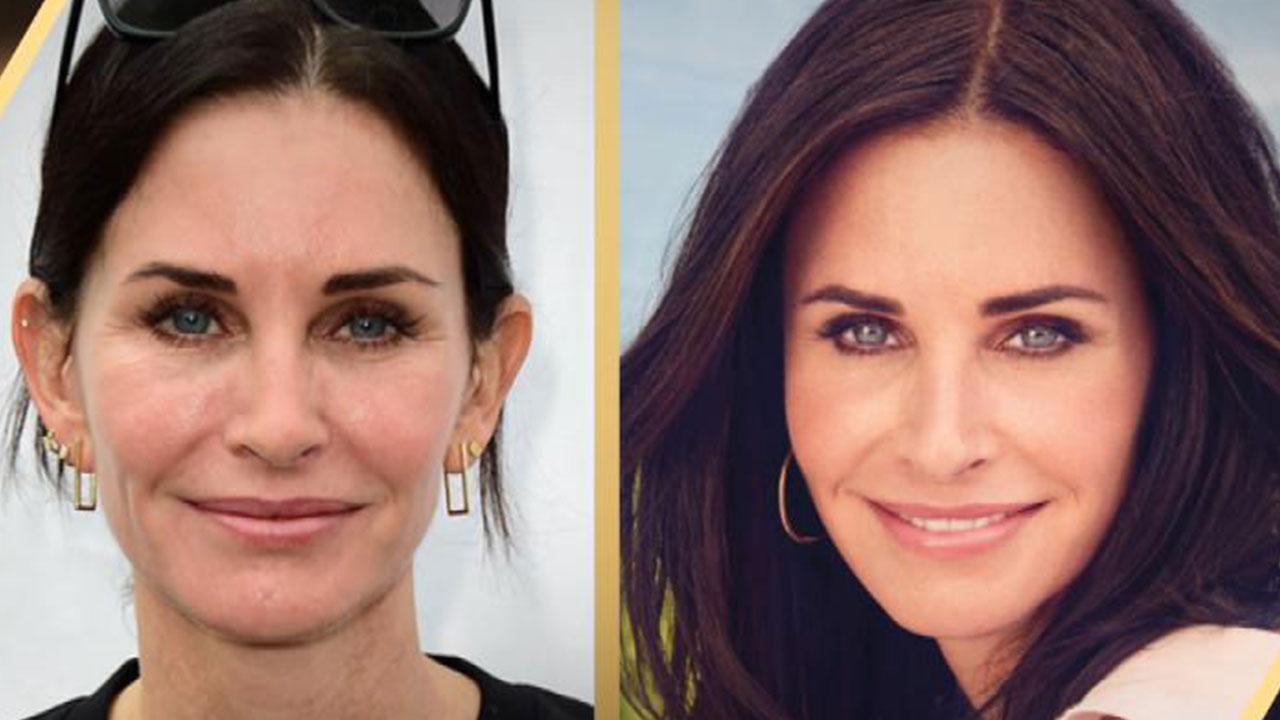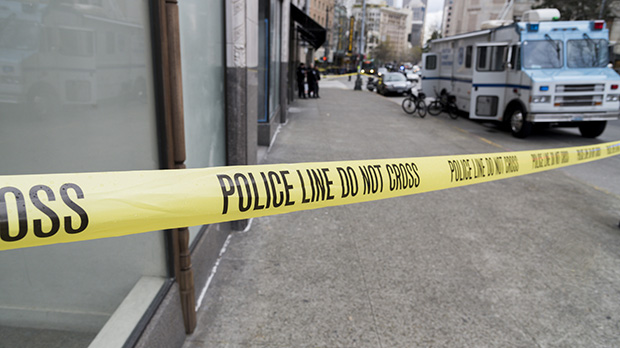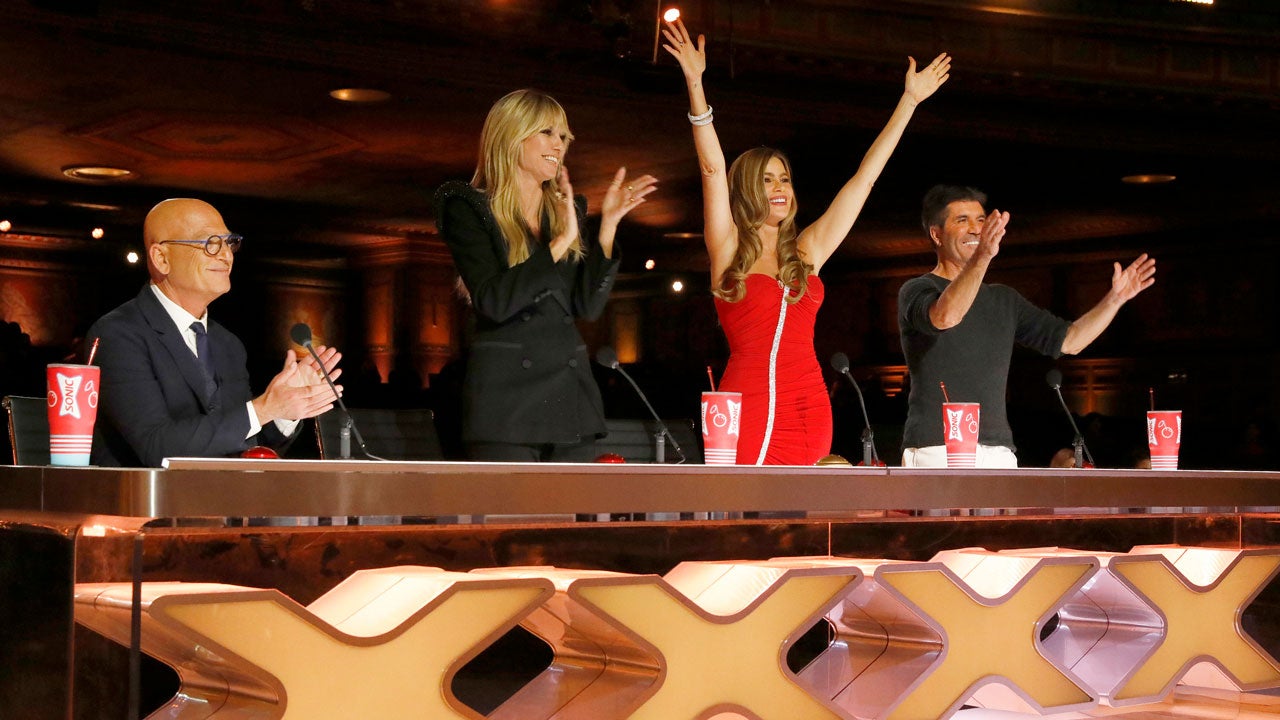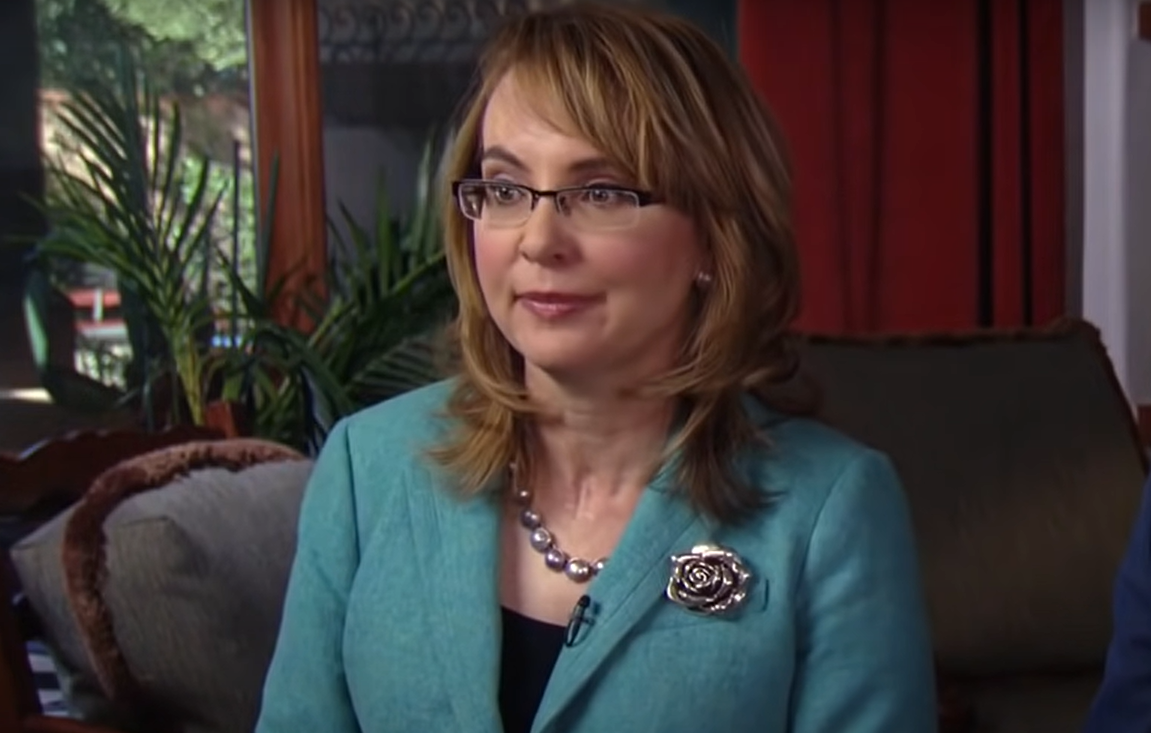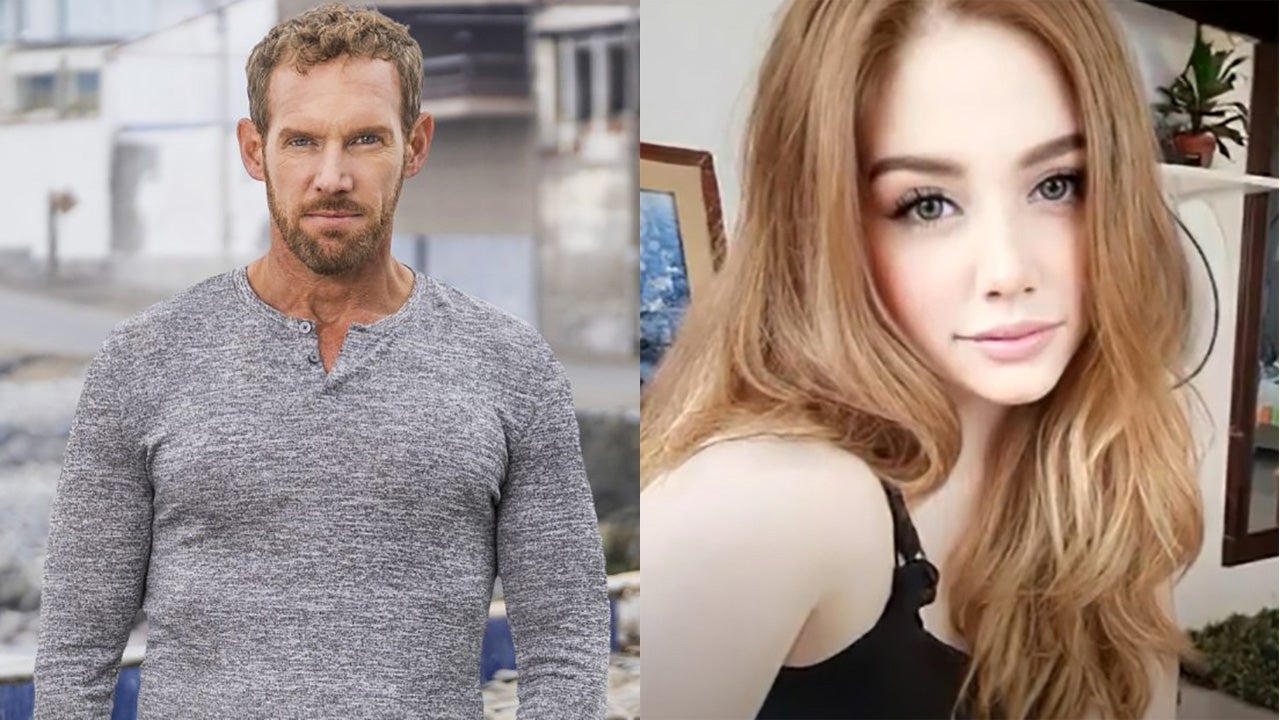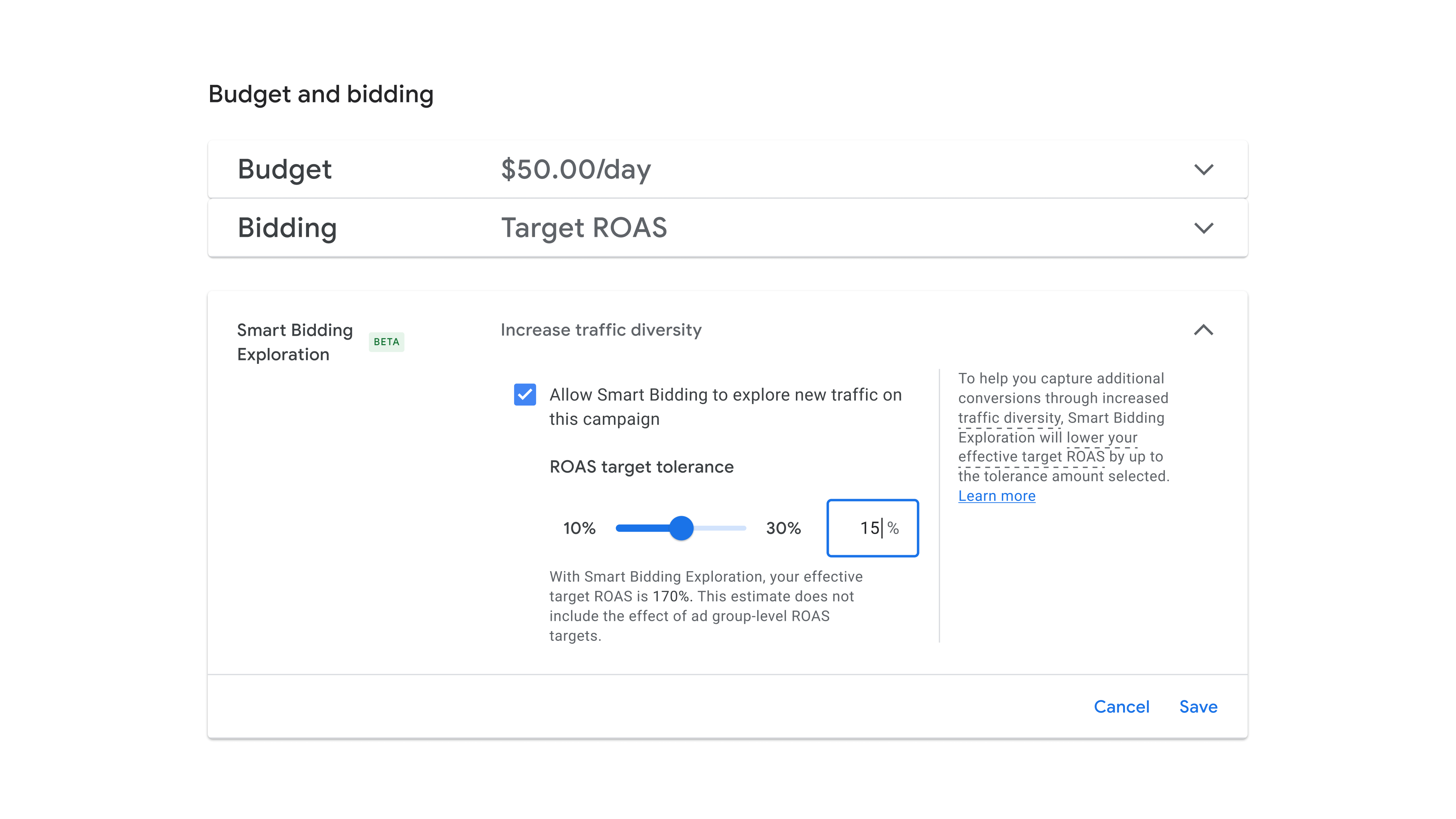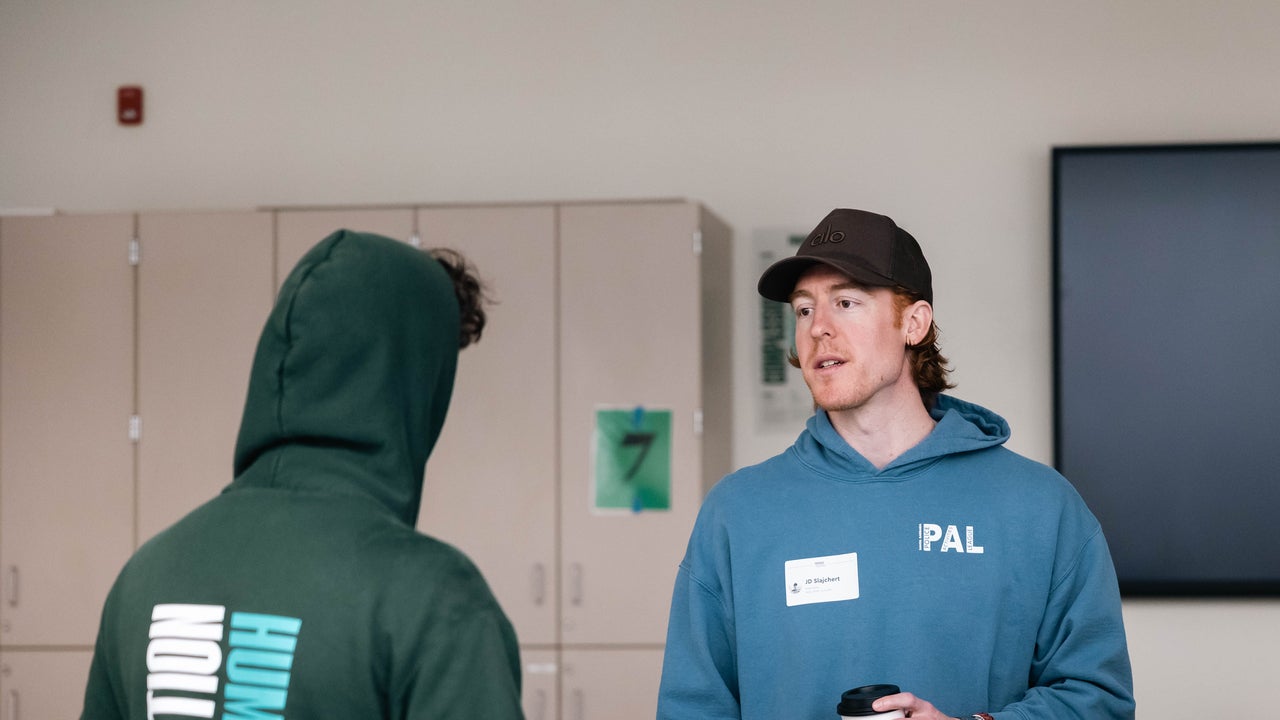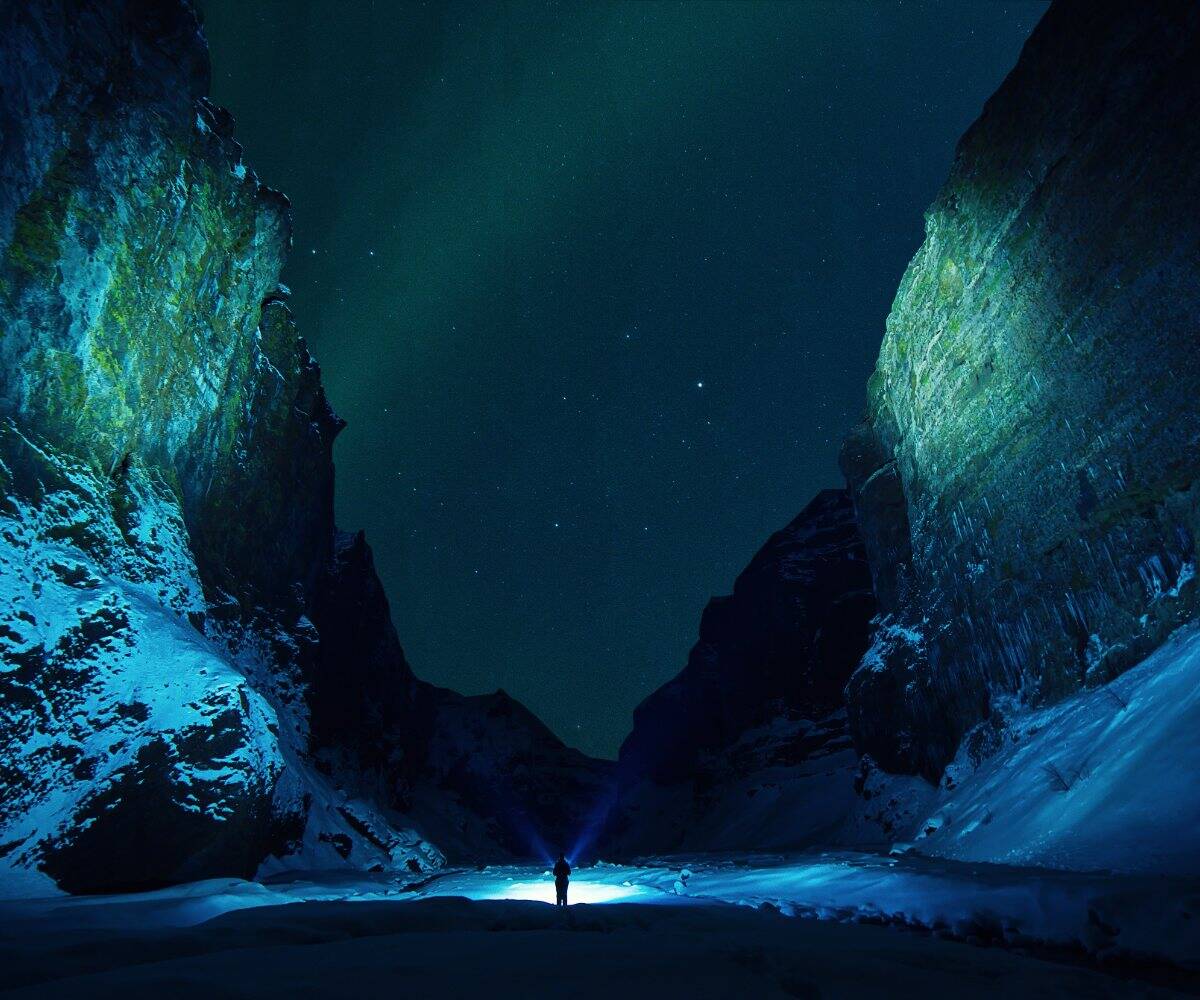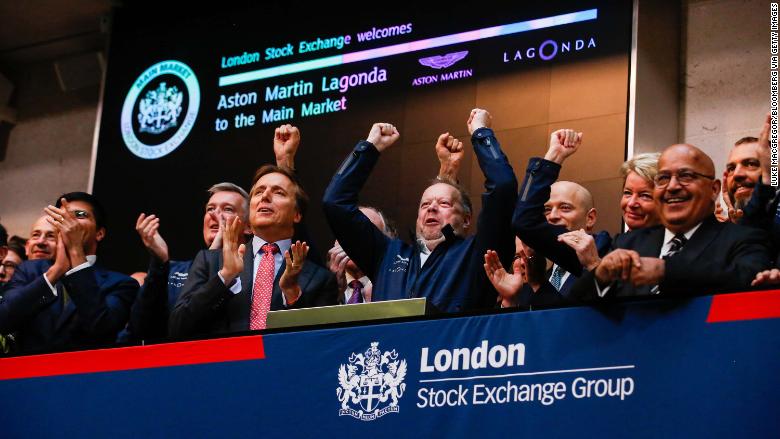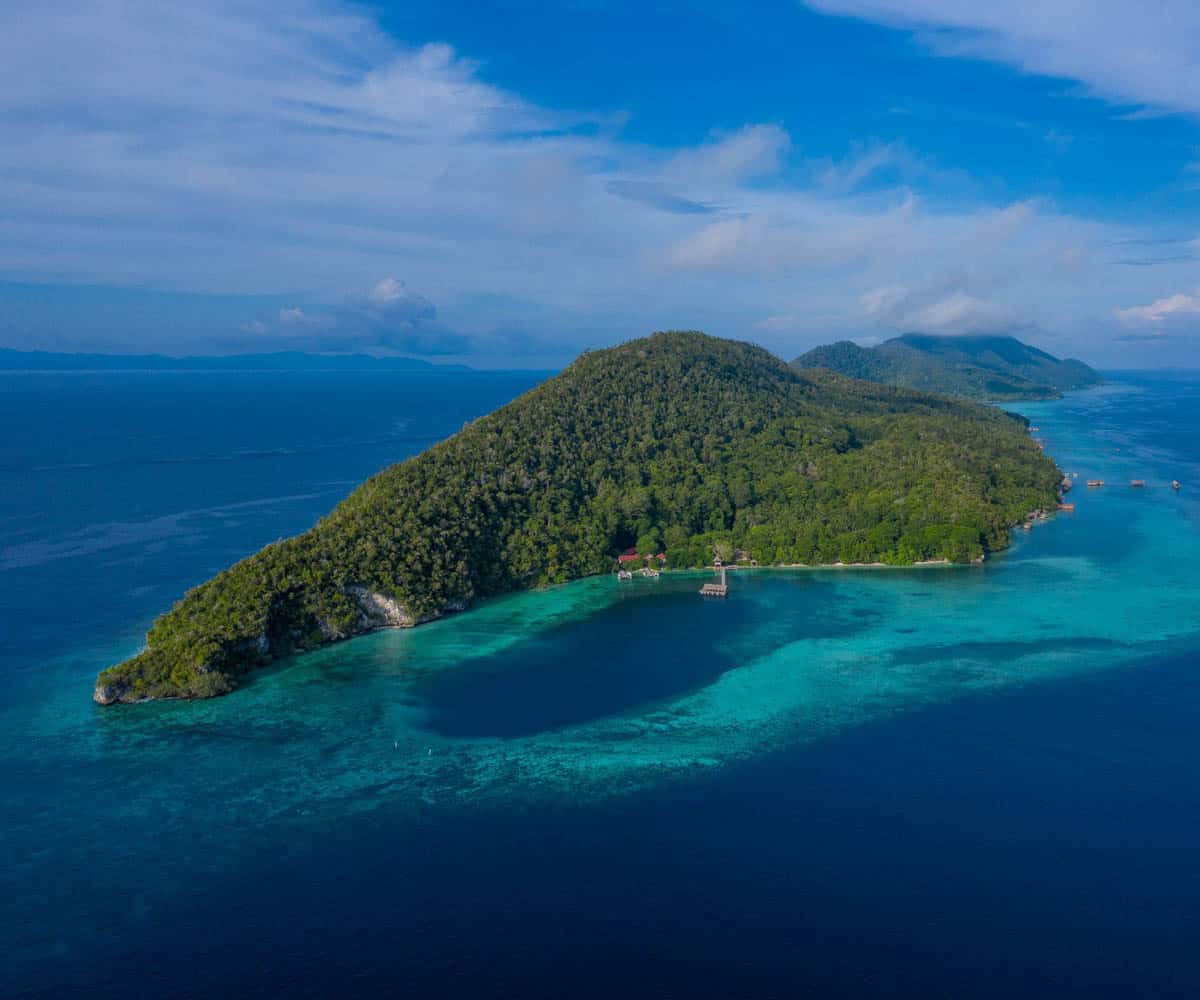DOC NYC 2022 Women Directors: Meet Marianela Maldonado – “Children of Las Brisas”
Director and writer Marianela Maldonado has helmed several short fiction films including “The Look of Happiness” and “Breaking Out,” both of which premiered at Cannes Film Festival. She has co-written projects such as the Oscar-winning short “Peter and the...
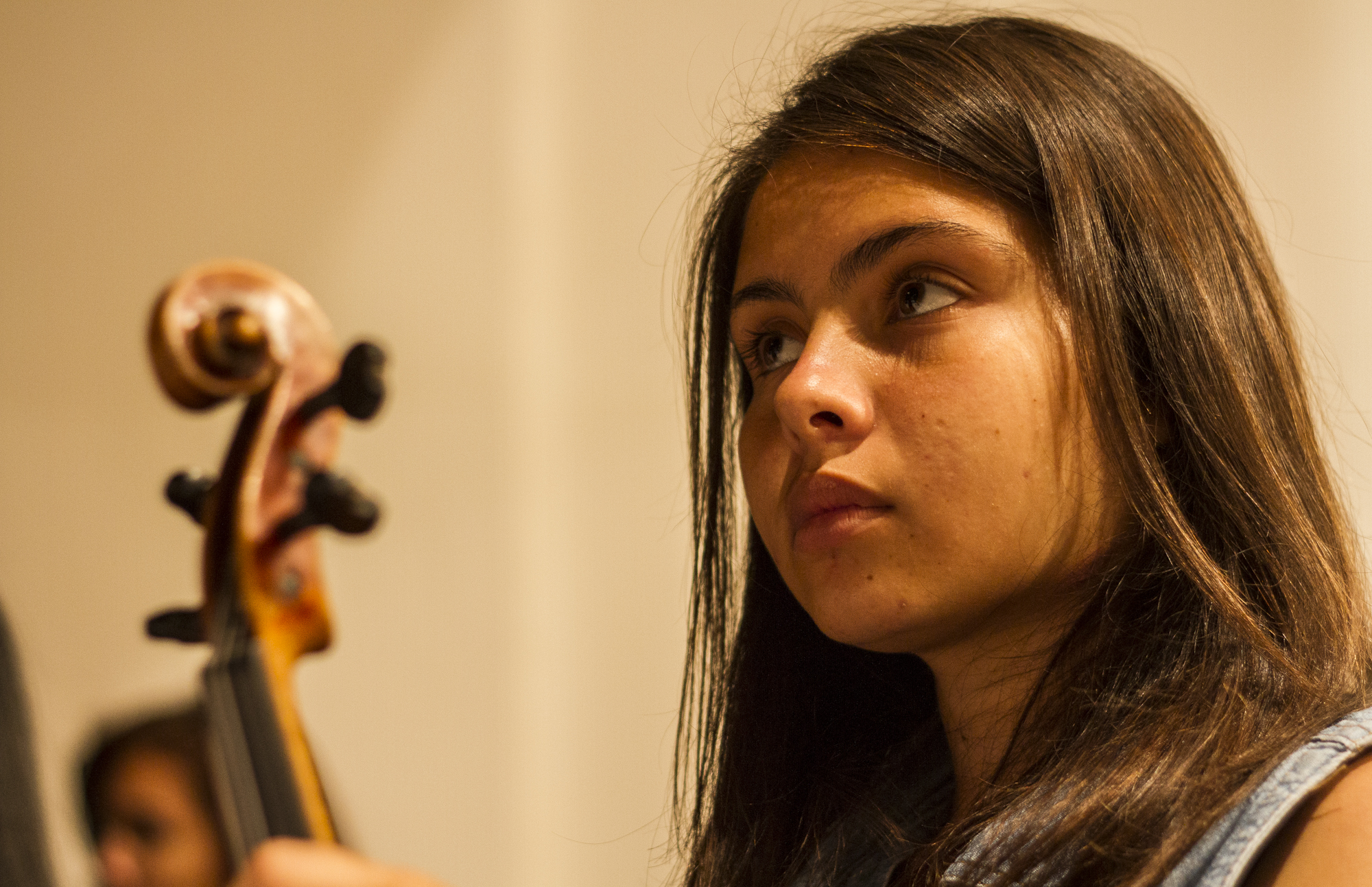
Director and writer Marianela Maldonado has helmed several short fiction films including “The Look of Happiness” and “Breaking Out,” both of which premiered at Cannes Film Festival. She has co-written projects such as the Oscar-winning short “Peter and the Wolf” and “The Magic Piano,” shortlisted for the 2012 Oscars. As a documentary filmmaker, Maldonado has worked for BBC Mundo and co-wrote “Once upon a Time in Venezuela,” which premiered at Sundance in 2020. She is currently developing several projects for film and television under her creative label Serious Ladies and Invento Films.
“Children of Las Brisas” is screening at the 2022 DOC NYC film festival, which is running from November 9-27.
W&H: Describe the film for us in your own words.
MM: “Children of Las Brisas” is my way of trying to understand what happened to my country in the years of the so-called revolution. It’s about the pain of growing up with dreams of being an artist while living in a dysfunctional society. It’s a story of survival and redemption through music.
W&H: What drew you to this story?
MM: Back in 2009, as international attention rose around the music education program El Sistema and its breakout star Gustavo Dudamel, I went to Las Brisas to see their newly opened children’s orchestra in my hometown of Valencia, Venezuela. I went to meet a community that was turning to art as a way of transcending difficult circumstances. I had thought about writing a screenplay about El Sistema but when I met the families and children, I was so touched by their optimism and love for music that I quickly changed tactics: with my research camera I began filming material for what I thought would be a short documentary.
Little did I know, I was going to be on a journey of more than 10 years, following the children and their families through numerous challenges as they clung to a dream of art and survival. For them, the trajectory that El Sistema promised was one leading to a professional career and a future as exciting as the music they played six hours a day, seven days a week.
W&H: What do you want people to think about after they watch the film?
MM: I would like people to reflect on the hardships and sacrifices that many have to endure to pursue a dream, and the way some populations must navigate and survive authoritarian regimes.
For us Venezuelans, it is important to tell these stories and generate a dialogue around the world. This is an exercise in introspection to help us understand what has happened to our country and learn from the fall of democracy that has led to the tragedy that Venezuela became. Only then will we have hope of growing, of recovering, of rebuilding the country.
It’s also important to share our story with the world as there are so many countries under the threat of authoritarian regimes.
W&H: What was the biggest challenge in making the film?
MM: There were many significant challenges while filming this movie, I don’t know where to start.
We followed six children and two teachers after initially having over a dozen who showed interest and opened their homes to me. In the end, we had to focus on the three kids that are now in the film. This process was difficult and painful as we shot around 500 hrs of material for an 85-minute final film.
Venezuela went through rough times during the period we were filming: hyperinflation, food scarcity, insufficient medicine, and failing water and electricity infrastructure. From 2014 to 2017, the country registered thousands of protests on a daily basis. In 2017, the protests lasted almost five months across the entire country. It was a major turning point for the Venezuelan youth because, during the protests, those that were captured by the militarized police were jailed and convicted as terrorists, many tortured and raped, their homes raided and robbed.
After 2017, around seven million Venezuelans emigrated whereas previously, people famously didn’t want to leave the country. When I went to study in London during the mid ‘90s, there were only 80 Venezuelans registered with the embassy. I can only imagine what number is today.
Two of our main characters were forced to leave the country. In those years, my co-screenwriter Jessica Wenzelmann, producer Luisa de La Ville, field producer Carolina Ríos, and I also were all forced to leave the country. Thankfully, the El Sistema children and their families were always supportive of the movie process. At some point, they realized that the story had become bigger than their own lives, and they were also portraying what was happening to Venezuelan people.
W&H: How did you get your film funded? Share some insights into how you got the film made.
MM: Finding money for a movie like this one has been hard. In the first three years, we financed the film with our own resources and with the support of family and friends who worked for free. Only in 2013 did we secure our first supporter, the CNAC Venezuelan Film Institute and the IDFA Bertha Fund in 2014. We also had to confront hyperinflation, which caused, for example, the initial budget you would apply for to be worth only a fraction six months later. This caused a lot of hardship and difficulties as our budget kept vanishing. With the support from Bertha Fund, however, we finally managed to film for about two years.
Then in 2018, we had the fortune of getting a French co-production that helped us get finances through France Télévisions, IDFA Europe, and other organizations in France. With that support we could finish filming.
A year later, with the help from ITVS’s open call program, we had the finances to complete post-production in the U.S. We also gained the support of the Latino Broadcaster Fund, which helped us finish the sound post-production in 2021.
It has been a long journey. Even now, Luisa and I are still struggling trying to find finances to promote the film. My advice is to apply to all the funding programs you can and keep working with tenacity.
W&H: What inspired you to become a filmmaker?
MM: I always wanted to tell stories. I initially wanted to be a fiction writer, but I studied journalism in order to make a living. I then went to film school and became a screenwriter for fiction and animation before finally directing a few fiction short films.
It was the situation in Venezuela that turned me into a documentary filmmaker. After witnessing what was happening to my surroundings, I realized that we needed a record of what was going on. As a documentary filmmaker, I have worked on many projects, the majority related to the Venezuelan situation.
W&H: What’s the best and worst advice you’ve received?
MM: To be honest I don’t remember any best or worst advice!
W&H: What advice do you have for other women directors?
MM: Believe in your ideas, start with where you are or live, and tell stories of things that matter to you.
W&H: Name your favorite woman-directed film and why.
MM: Lucrecia Martel’s “La Cienaga”: it spoke to me in a very personal way. I absolutely loved it. I love other female directors including Claire Denis, Lynne Ramsay, Helena Třeštíková, Margot Benacerraf, Greta Gerwig, and Susanne Bier.
W&H: What, if any, responsibilities do you think storytellers have to confront the tumult in the world, from the pandemic to the loss of abortion rights and systemic violence?
MM: We storytellers have a responsibility to reflect what is happening in our world. For instance, we Venezuelans have seen firsthand the destruction of our country in the hands of an authoritarian regime. There are many other regimens like ours that threaten human rights. Never has democracy been more endangered than in the last years, even in countries, like the U.S., with a long democratic tradition.
W&H: The film industry has a long history of underrepresenting people of color onscreen and behind the scenes and reinforcing – and creating – negative stereotypes. What actions do you think need to be taken to make Hollywood and/or the doc world more inclusive?
MM: It’s simple but at the same time profound: representation matters. All programs dedicated to underrepresented communities are needed now more than ever. There are two areas which I think are very important.
First, we need to provide platforms that help with early development. Oftentimes a filmmaker has to lift the project up with their own resources, which are more than often already stretched. Secondly, we need resources to support working filmmakers. I’ve been at it for over 20 years and it’s still a financial struggle to go from project to project. A solution could be, perhaps, creating programs that enable filmmakers to find a way into a very difficult industry that also offers access to constant work.

 JaneWalter
JaneWalter 







